5 Mind-Blowing Reasons McDonald's Japan Commercials Are Going Viral
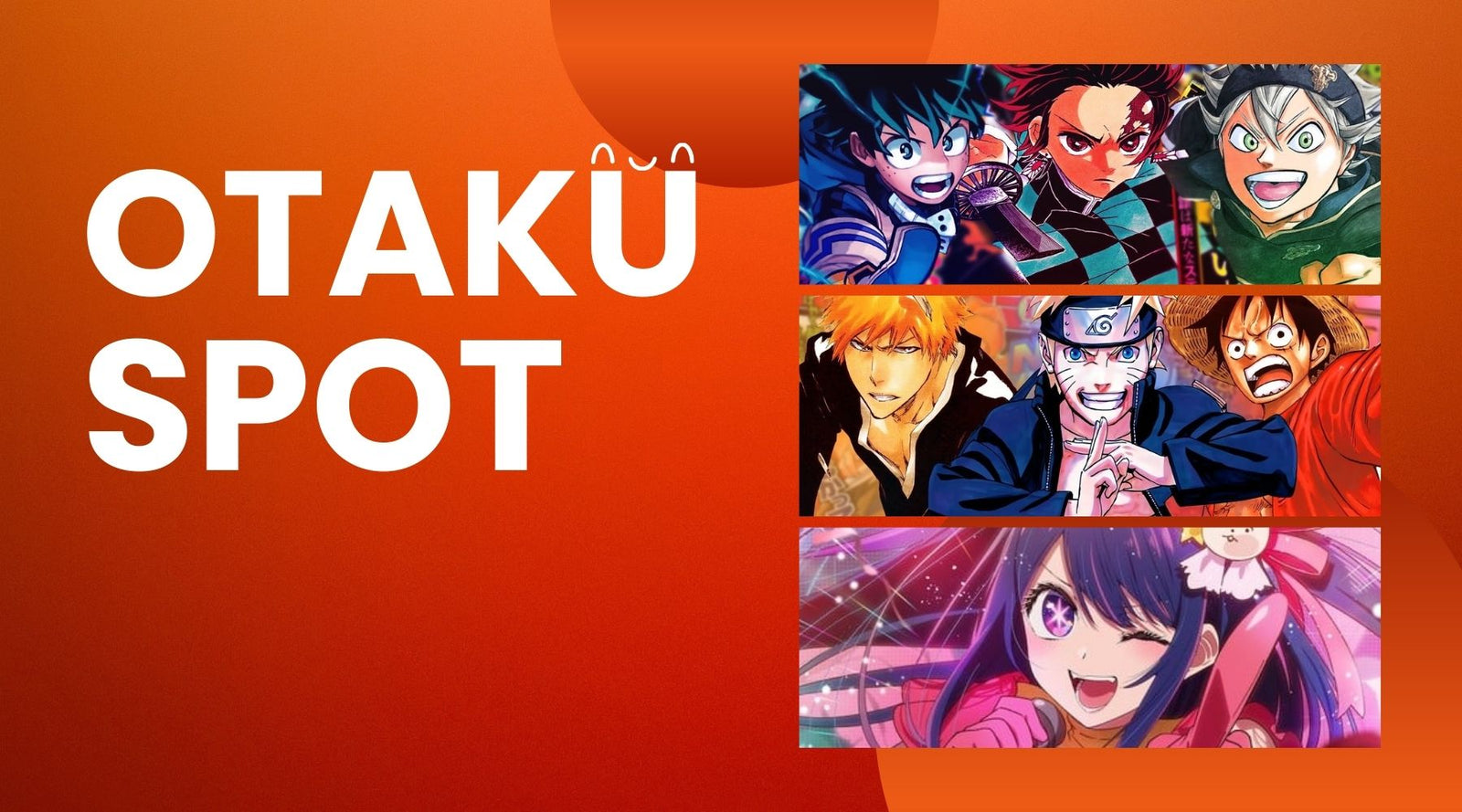
McDonald's Japan has taken advertising to a whole new level, and the world can't stop watching. Unlike the typical fast-food commercials that focus on mouth-watering visuals and catchy jingles, McDonald's Japan has embraced a blend of culture, technology, and emotional storytelling that resonates deeply with audiences both locally and globally. They’ve managed to craft a series of viral advertisements that are not just selling burgers; they’re telling stories and building connections.
So why all the buzz? These commercials are universally appealing while still maintaining a strong Japanese identity. They merge traditional Japanese aesthetics with contemporary themes, creating a form of cultural hybridization that is hard to ignore. More than just culturally rich, McDonald's Japan's ads are tech-savvy, emotionally compelling, and feature collaborations with some of Japan's most beloved celebrities. This winning combination has set social media alight, drawing viewers from around the globe and sparking discussions on platforms like Twitter and Reddit.
But what's really driving the viral success of McDonald's Japan commercials? In this article, we will dive into the five game-changing strategies that are putting McDonald's Japan on the global advertising map:
-
Cultural Fusion: We'll explore how McDonald's Japan masterfully blends Japanese cultural elements with global appeal, adapting the worldwide brand to local tastes and preferences.
-
Innovative Use of AI and Technology: From AI-generated content to collaborations with digital influencers, discover how technology is shaping the future of fast food advertising.
-
Emotional Storytelling: Learn how emotional narratives create an unforgettable brand connection with the audience.
-
Celebrity Collaborations and Local Partnerships: Find out how partnering with popular Japanese celebrities and brands enhances consumer engagement and brand recognition.
-
Product Innovation and Menu Localization: McDonald's Japan showcases its commitment to local tastes through uniquely tailored menu items.
With each strategy, McDonald's Japan isn't just airing commercials; they're creating cultural touchstones that resonate deeply and broadly. Ready to find out how they do it? Strap in as we dive deep into the fascinating world of McDonald's Japan's advertising prowess!
1. Cultural Fusion: Blending Japanese Aesthetics with Global Appeal
When you think about McDonald's commercials, you probably imagine cheery jingles and golden arches. But McDonald's Japan? They've taken it to an entirely different level by fusing Japanese aesthetics with global appeal. By embracing local culture while keeping the global brand's essence, McDonald's Japan has created buzz not just locally, but internationally too. But what makes this blend so irresistible? Let’s dive in.
McDonald's Japan isn't just slapping some soy sauce on a burger and calling it a day. They dive deep into the cultural richness of Japan. Picture serene imagery of cherry blossoms, traditional tea ceremonies, and beloved local customs seamlessly integrated into their commercials. These ads often reflect "omotenashi," the Japanese spirit of hospitality, creating a warm and inviting narrative.
Japanese sensibilities are honored even in the smallest details. Take the (Teriyaki Burger), for example. The inclusion of this popular local flavor not only appeals to the taste buds but also to a sense of cultural pride. These cultural elements resonate deeply with the Japanese audience, ensuring that the brand feels as familiar as it is foreign.
It's one thing to reference a culture; it's another to adapt to it. McDonald's Japan has excelled in tweaking its global offerings to better suit local tastes. While you can still get your standard Big Mac, you might find menu items like the seasonal Teri Tama Burger or Tsukimi Burger, which blend traditional Japanese ingredients with McDonald's classic offerings.
This approach does more than just cater to cravings; it brings a sense of plus-sized comfort that many Japanese customers appreciate. From smaller portion sizes that match local dietary habits to the specialized 'Makudonarudo' branding (as explained by Day Translations), McDonald's Japan shows profound respect for local norms.
Striking the delicate balance between local and global isn't easy, but McDonald's Japan nails it. By honoring Japanese traditions and culinary preferences, they win over locals. Simultaneously, the unmistakable golden arches and globally recognized menu items like the McChicken provide a comforting touchstone for tourists and international residents craving a piece of home.
The commercials themselves have a universal appeal. Videos often mix traditional Japanese visuals with contemporary, universally understood themes, capturing imaginations both in Japan and abroad. The blend of local flavor with a familiar global brand creates a hybrid experience that's not only intriguing but also highly shareable—effectively creating free international advertising through social media shares.
With such a seamless cultural fusion, it’s no wonder McDonald’s Japan has people clicking the replay button. Next, we'll see how another technology-driven approach has elevated their ad game into the stratosphere.
2. Innovative Use of AI and Technology
If you think fast food ads can't possibly get any more exciting, think again! McDonald's Japan has ventured into uncharted territory by incorporating artificial intelligence (AI) into their commercials. Collaborating with (LumaLabsAI), McDonald's Japan has utilized AI's robust data-crunching abilities to analyze customer preferences, previous ad successes, and trending social media topics. The result? Commercials that are as data-driven as your personalized Spotify playlist, but a lot tastier!
Of course, what’s a futuristic campaign without a digital influencer to sprinkle a bit of viral magic? Say hello to (Kaku Drop), a virtual personality who takes center stage in these AI-generated ads. With her mix of humor, relatability, and visually striking digital art, Kaku Drop leads viewers through a vibrant, AI-crafted world where Japanese cultural elements meet McDonald's french fries. It’s like a Pixar movie, but aimed at making you crave a Big Mac.
While the idea of AI-generated content sounds like it was pulled straight from a sci-fi novel, the reception has been mixed. Some applaud McDonald's Japan for being at the forefront of tech innovation, but others aren’t exactly lovin' it. A particular scene where an AI model tosses French fries into the air has sparked controversy, with critics finding it rather unsettling and a little too... perfect. This dichotomy is compelling: it shows that while AI can push the boundaries of creativity, it must tread carefully to avoid crossing into the uncanny valley.
The commercial wasn't just a hit among tech enthusiasts. The (reception) ranged from amazement to skepticism. While some viewers marinated in the freshness of it all, others found the AI-generated elements disconcerting. Yet, this very divide showcases the power of innovation: stirring conversations and challenging norms. By leveraging the fascinating yet polarizing power of AI, McDonald's Japan has not only made waves in advertising but also ignited discussions on the future of digital content.
So what’s the takeaway here? McDonald's Japan isn't just flipping burgers; they're flipping the script on what modern advertising can be. Their bold approach could be the start of a new era where AI and creativity go hand in hand.
3. Emotional Storytelling and Brand Connection
McDonald's Japan has taken a distinctive path in its advertising game, weaving emotional storytelling seamlessly into their commercials. It's not just about selling burgers—it's about connecting with hearts and minds. Let's dissect how this unfolds, one tear-jerking ad at a time.
McDonald’s commercials in Japan are masterclasses in emotional appeal. These aren't your run-of-the-mill "look at this delicious food" ads. Instead, they tell heartwarming stories that captivate viewers on a deeper level. Imagine a commercial showcasing a young couple’s blooming relationship over McDonald’s meals, evoking feelings of nostalgia and romance. These narratives make the content highly memorable and irresistibly shareable.
This emotional engagement helps the brand transcend beyond being just a fast-food joint to becoming a part of people’s cherished memories. It's advertising alchemy—turning golden arches into golden moments.
The emotional resonance in McDonald's Japan's ads is a strategic maneuver to strengthen the brand connection. When people watch a commercial that tugs at their heartstrings, they tend to associate those warm, gooey feelings with the brand itself. This isn't just conjecture. Emotional storytelling has been proven to boost brand loyalty by creating a strong affective connection. It's all about feeling, not just feeding.
McDonald's Japan aims to be a staple in life moments, from childhood to adulthood. Whether it’s a commercial centered around family meals that highlight the joys of togetherness or ones that focus on life’s little milestones celebrated with a McDonald's treat, the brand becomes a part of the viewers’ personal reels of happy memories.
By tapping into universally relatable emotions—happiness, nostalgia, love—McDonald's Japan ensures its commercials stand out. There’s nothing like a bit of carefully curated nostalgia to make people long for simpler times. Take, for instance, the commercial featuring an old man reminiscing about his childhood McDonald's outings, which perfectly captures the essence of the brand: consistency through the ages.
Their “You’ve Been Loyal” ad is another heavy hitter. It follows a girl ordering different McDonald's meals as she grows up. It’s a subtle nod to customer loyalty rewards points but wrapped in a narrative that shows McDonald's as a lifelong companion. This ad employs pathos, logos, and ethos to drive the message home, ensuring it sticks in viewers' minds (Linkedin).
These emotional touchpoints make commercials not only memorable but also deeply personal. The key lies in the ability of McDonald’s Japan to narrate relatable stories, making us all feel like the brand has been, and always will be, part of our lives.
From poignant tales of love and connection to nostalgia-filled family gatherings, McDonald’s Japan proves that emotional storytelling isn’t just an art form—it’s an incredibly effective marketing strategy. This approach elevates their commercials to mini cinematic experiences that resonate deeply with audiences.
Next up, let's dive into another powerful tool McDonald’s Japan uses in its advertising arsenal: the strategic use of local celebrities and partnerships. But more on that later.
4. Celebrity Collaborations and Local Partnerships
McDonald's Japan sure knows how to pick its friends. In the Land of the Rising Sun, tapping local celebrities isn't just a marketing trick—it's an art form. Japanese consumers have a deep connection with their favorite idols and actors, seeing them as trusted figures. McDonald's Japan leverages this by enlisting hotshots from the entertainment world to star in its campaigns, making the golden arches even more irresistible.
Take Tetsuko Kuroyanagi, a revered TV personality who epitomizes charm and credibility. Her involvement lent an aura of trust and familiarity that won consumer hearts (CarterJMRN).
But it's not just veteran celebrities that McDonald's Japan partners with. Younger idols and dynamic actors also jump on board, making the brand relatable to younger audiences. This broad appeal ensures that everyone from your grandma to your teenager can find a friendly face in a McDonald's ad, forging an emotional link that makes a Big Mac or Teriyaki Burger all the more tempting.
McDonald's Japan turns up the innovation dial by teaming up with iconic Japanese brands. The partnership with the anime series "Jujutsu Kaisen" is a prime example. The limited-edition "Special Grade Garlic Sauce," launched exclusively on the McDonald’s app, comes with packaging adorned with favorite characters from the series (Marketing Dive). This blend of pop culture and fast food creates a buzz, drawing in anime enthusiasts and food lovers alike.
But McDonald's doesn't stop at anime. Collaborations stretch across various industries—from fashion to tech. These partnerships not only boost the brand's visibility but also lend it a chic, trendy vibe. It’s like McDonald's got a hot new wardrobe and a fresh set of wheels all at once.
The celebrity endorsements and brand partnerships are paying off big time. When a beloved idol vouches for a product, it becomes personal for fans. This emotional resonance increases consumer loyalty and boosts brand recognition.
Plus, these collaborations generate a lot of media coverage and social media chatter. Pictures of limited-edition packaging or ads featuring favorite celebrities are perfect for sharing, ensuring that McDonald's stays top of mind. Consumers don’t just buy a burger; they buy into the whole experience, complete with celebrity endorsements and exclusive tie-ins.
Every new partnership acts like kindling to a fire, stoking both local interest and international curiosity. The result? McDonald's Japan not only strengthens its domestic hold but also piques global interest, making it a stellar case study in modern advertising brilliance.
With the glitz and glam of celebrity endorsements and the striking allure of brand partnerships, McDonald's Japan sets itself apart in the crowded fast-food market.
Lets dive into how product innovation plays a vital role in McDonald's Japan's captivating marketing endeavors.
5. Product Innovation and Menu Localization
When we think of McDonald's, the golden arches, Big Macs, and fries usually come to mind. But step into a McDonald's in Japan and you'll find a menu that's as surprising as it is delightful. McDonald's Japan isn't just serving standard fare; it's a culinary playground that brilliantly blends local flavors with the fast-food titan's global appeal.
McDonald's Japan never shies away from culinary experimentation. They’ve curated unique menu items that have become an essential part of the brand’s localized charm. Embrace the Teriyaki Burger, drenched in savory-sweet sauce, or take a bite of the Ebi Filet-O, a deep-fried shrimp patty that's a seafood lover's dream (Linkedin).
One of the standout innovations is the Samurai Mac, a burger that’s more than just meat between buns. The Samurai Mac combines juicy double patties with soy sauce-marinated flavors, creating a unique taste sensation that's distinctively Japanese yet warmly familiar. This top-tier item isn’t just a feast for the taste buds; it’s a slice of Japanese culinary tradition wrapped up in fast-food convenience (TokyoTreat).
McDonald's Japan goes a step further with its seasonal and limited-edition offerings that keep customers eagerly anticipating what’s next. Ever heard of the Sakura McFizz? A vibrant, refreshing beverage, it’s designed to celebrate the iconic cherry blossom season, offering a delightful pink concoction that matches Japan’s springtime beauty perfectly (Linkedin).
By aligning its menu with local culinary traditions and preferences, McDonald’s Japan demonstrates an unwavering commitment to the local palate. From substituting standard bread buns with rice patties in their Gohan Burgers to offering sides like edamame and corn, McDonald's transforms your fast-food experience into a cultural exploration (Sabukaru).
These menu innovations do more than just satiate hunger; they solidify the bond between the brand and its customers. The localized items create an emotional connection, ensuring loyalty and excitement for new releases. This strategic approach has not only kept McDonald's relevant in the competitive Japanese fast-food market but has also sparked curiosity and admiration from international audiences, proving that localization can be the key to global appeal (Language Intelligence).
As we journey through McDonald's Japan’s product innovation and flavorful localization strategies, it becomes clear why their commercials and offerings are creating such a buzz. McDonald's has tuned into the cultural zeitgeist, making each meal a captivating blend of global familiarity and local flair.
Keep your taste buds tingling because the next chapter unveils another layer of McDonald’s strategic tapestry.
Conclusion
McDonald's Japan has certainly set the bar high for fast food advertising. Our deep dive into their viral phenomenon shed light on five compelling reasons:
-
Cultural Fusion: McDonald's Japan skillfully blends traditional Japanese aesthetics with contemporary themes, creating ads that resonate deeply with local audiences and intrigue international viewers alike.
-
Innovative Use of AI and Technology: They caught our attention by partnering with LumaLabsAI and Kaku Drop to push the envelope on tech-driven ads, even amid some mixed reactions.
-
Emotional Storytelling: By invoking nostalgia and positive emotions, McDonald's Japan establishes a strong emotional brand connection, making their content not just watchable but memorable.
-
Celebrity Collaborations and Local Partnerships: Leveraging local celebs and iconic brands, McDonald's builds a robust connection with the audience, enhancing brand recognition and consumer loyalty.
-
Product Innovation and Menu Localization: Offering unique items like the Samurai Mac, they show an impressive commitment to catering to Japanese tastes, making McDonald's more relevant and enticing.
McDonald's Japan is not simply running with the pack; they're leading it. By mixing cultural relevance with high-tech innovation, they're forging a path that other brands will likely follow. These strategies have achieved:
-
Enhanced Brand Recognition: By merging global and local elements, McDonald's creates a unique selling point that makes the brand unforgettable.
-
Growth in Sales: The integration of AI and advanced tech has translated into hard numbers, as evidenced by a 52.1% sales bump and a 3.5 times higher click-through rate for AR ads (WebProNews).
-
Emotional Engagement: Storytelling that tugs at the heartstrings fosters a deep emotional connection, making the brand a part of people’s lives.
Speculation on Global Influences
If McDonald's Japan is the litmus test, the future of fast food advertising is about to get very exciting. Here's what we might see worldwide:
-
Localized Global Brands: Adapting global brands to local tastes can ensure broader and deeper market penetration.
-
Tech Innovations: Expect more AI-driven, personalized experiences, making advertising more interactive and captivating.
-
Emotional Narratives: Brands are likely to invest more in storytelling that resonates on a personal level.
-
Celebrity Power: Leveraging local influencers can give a significant boost to brand engagement and loyalty.
In essence, McDonald's Japan is rewriting the playbook for advertising. Their blend of tradition and technology, emotional impact, and creative partnerships sets a compelling precedent for brands everywhere. The fast food advertising landscape is poised for some thrilling changes ahead.




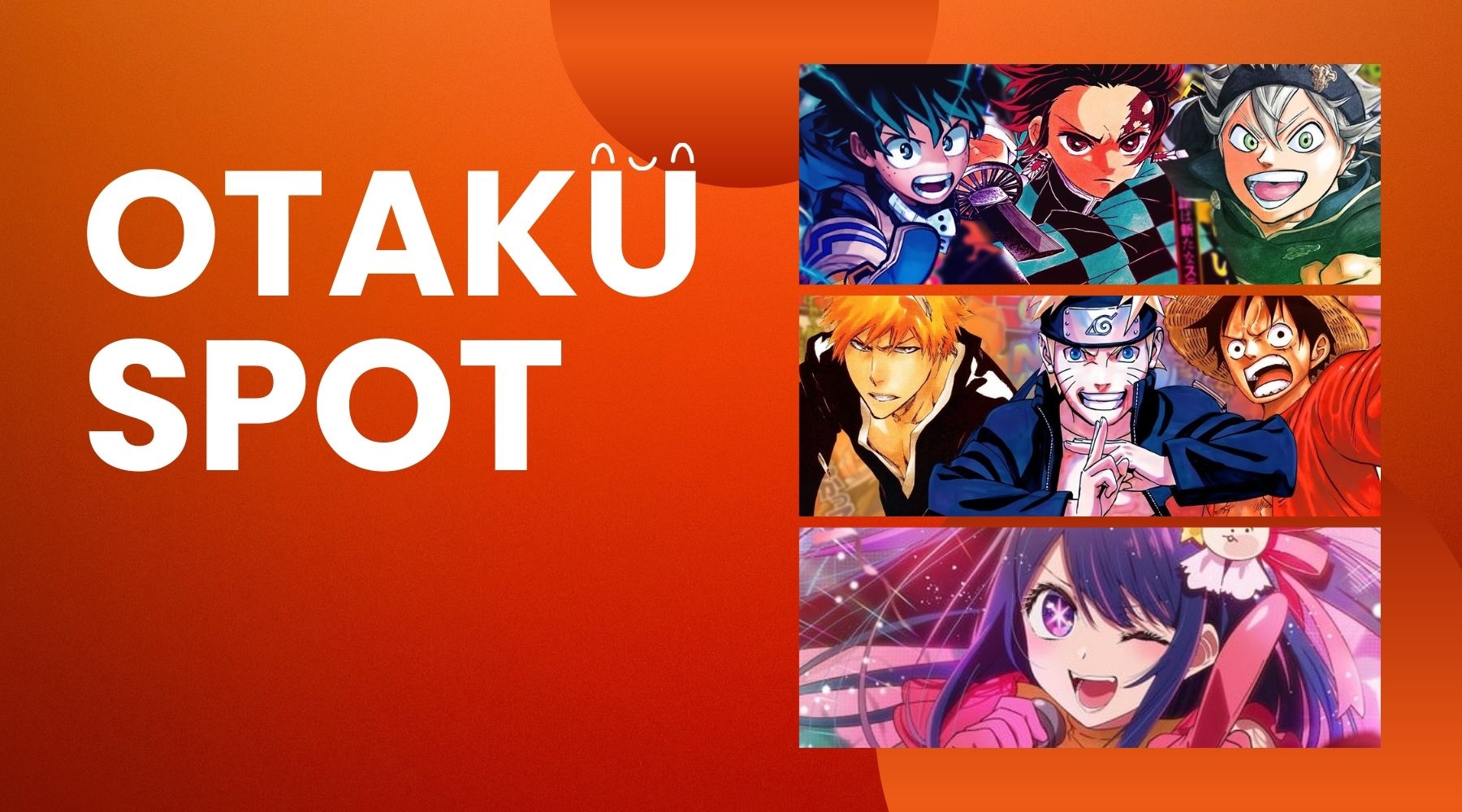
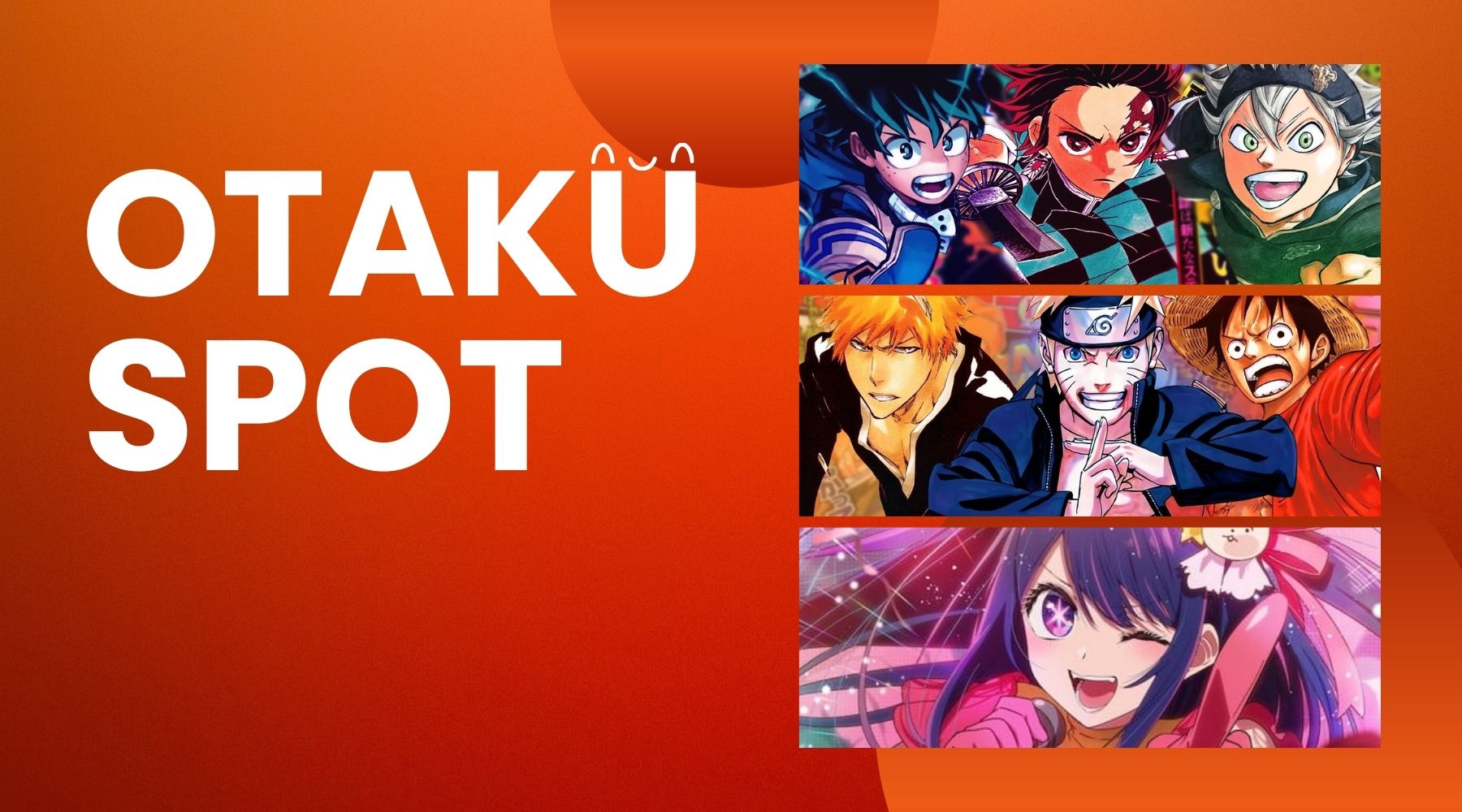
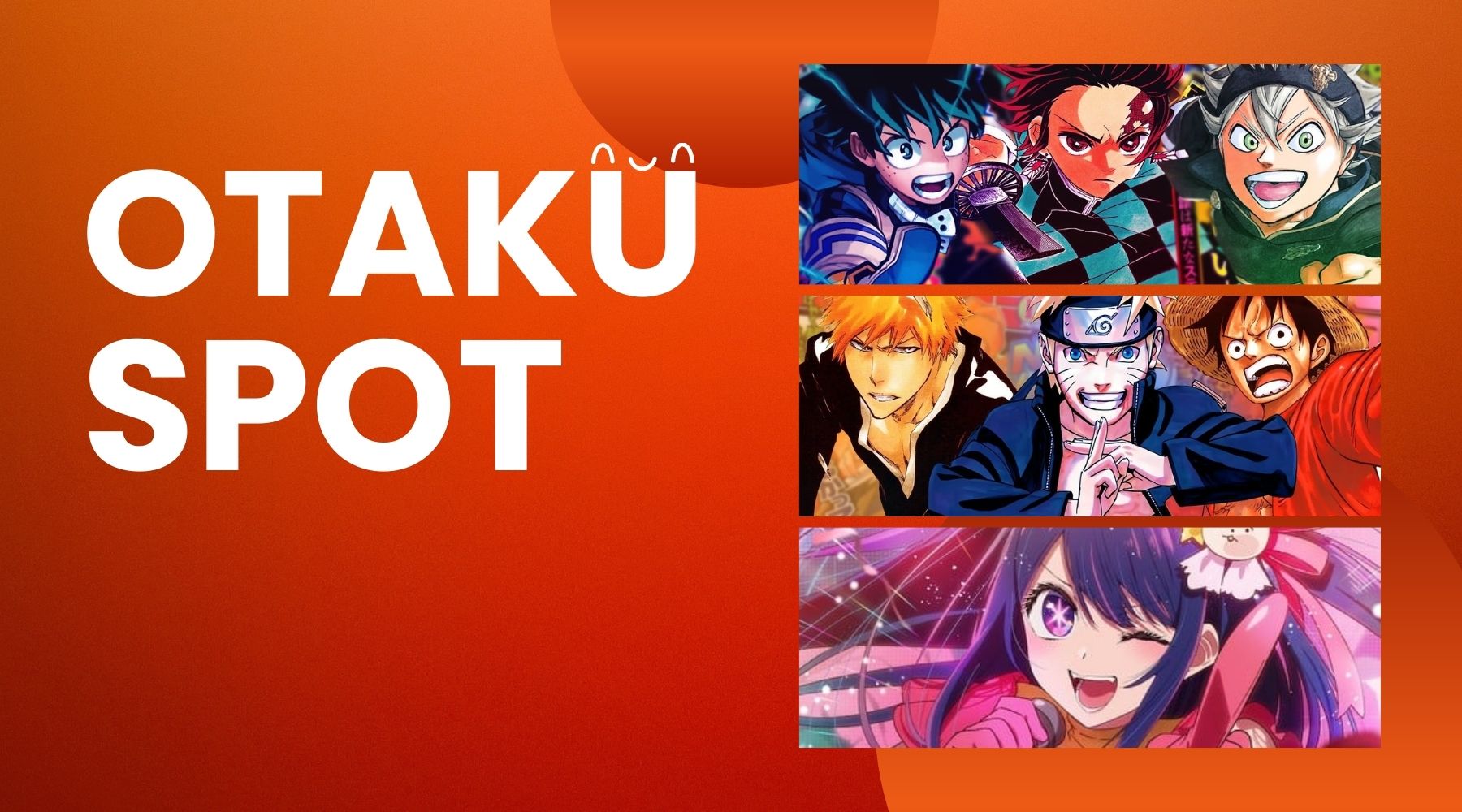
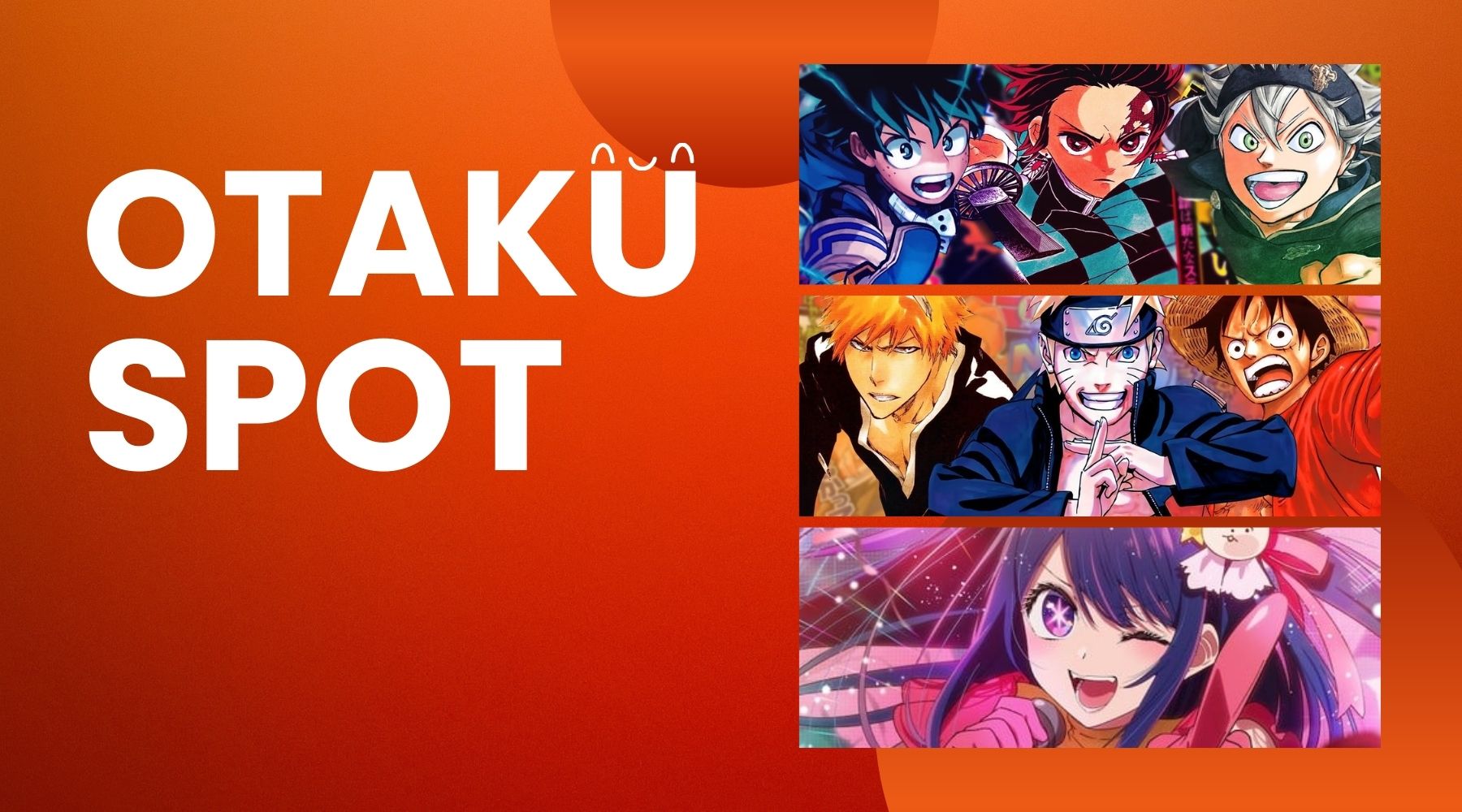
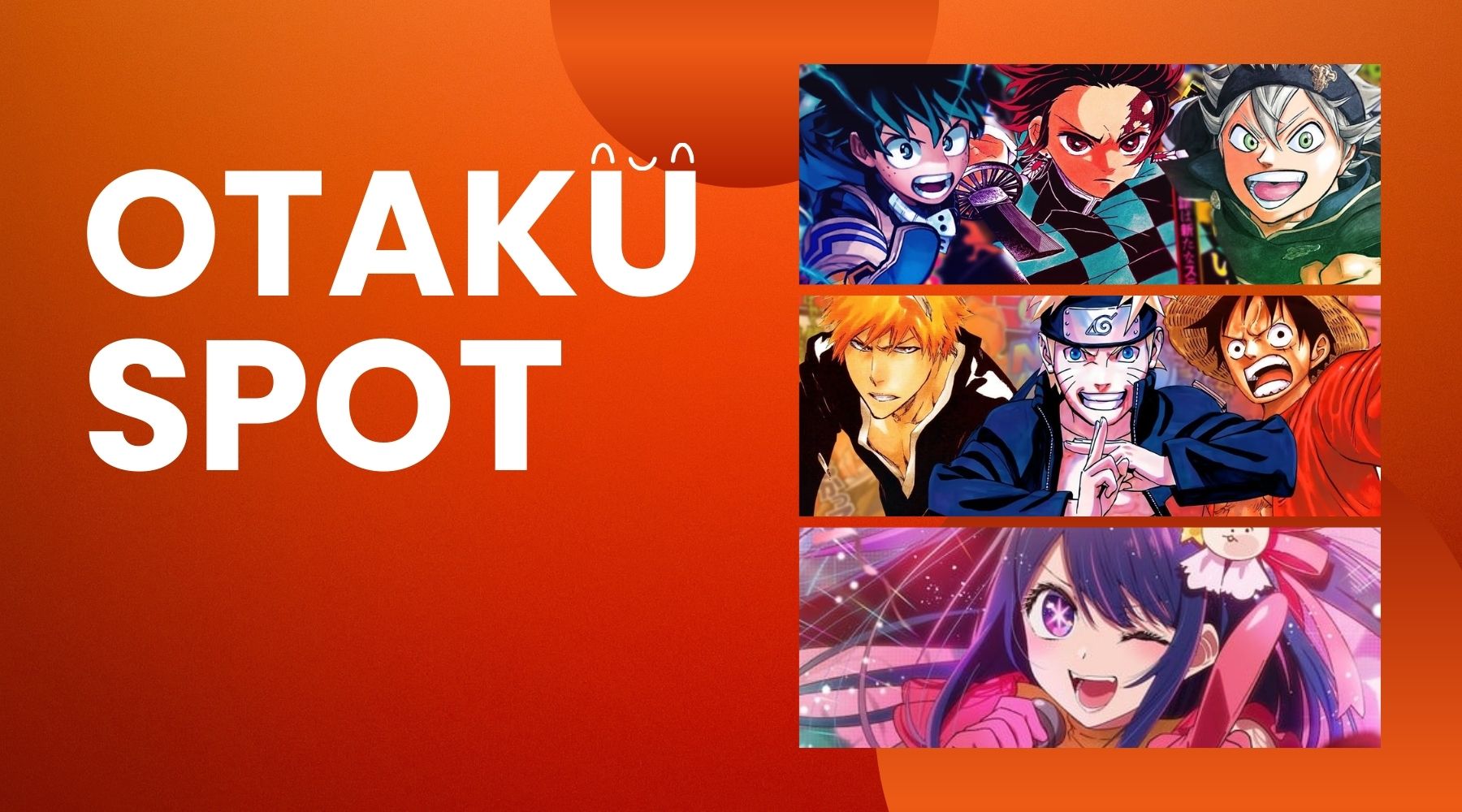
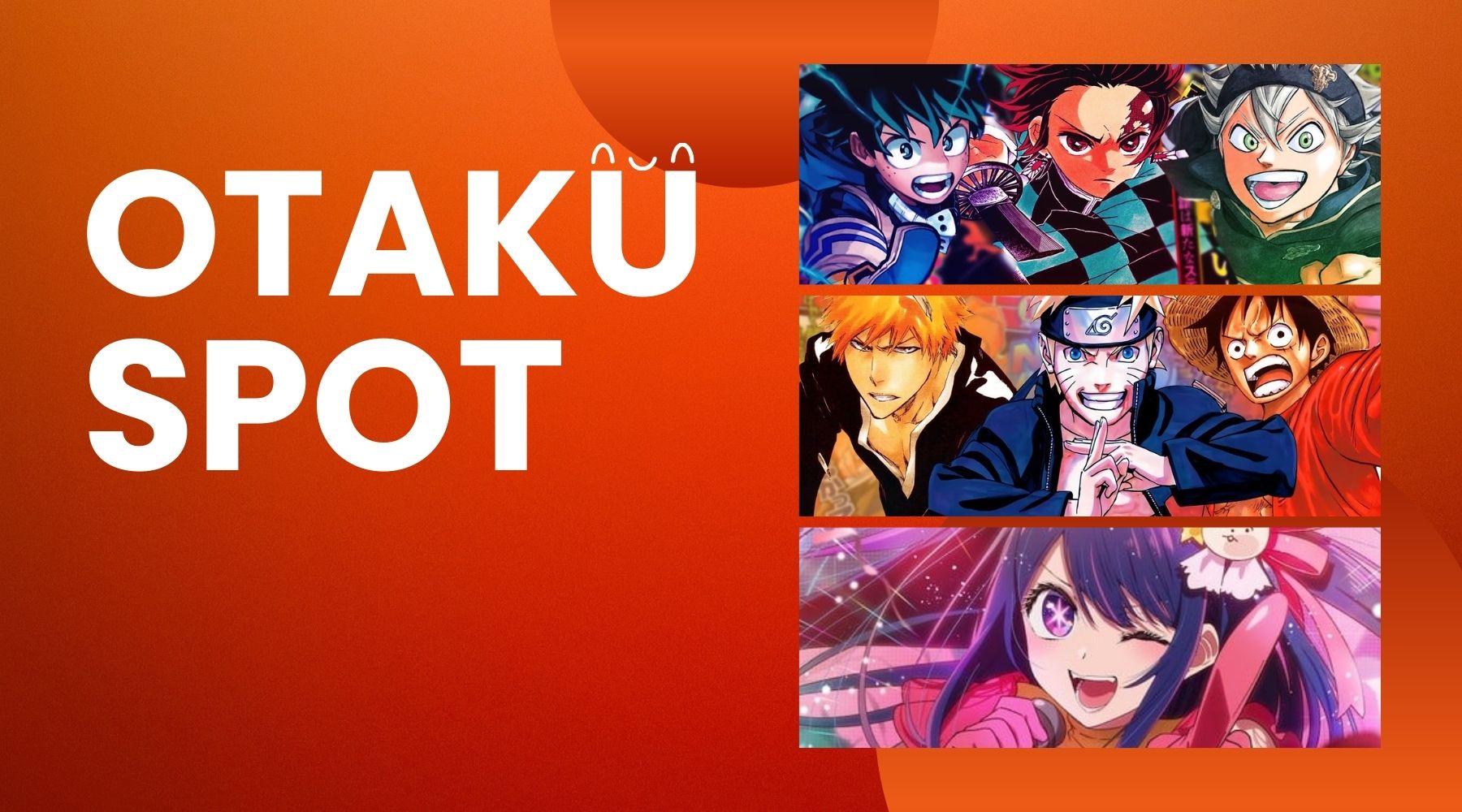

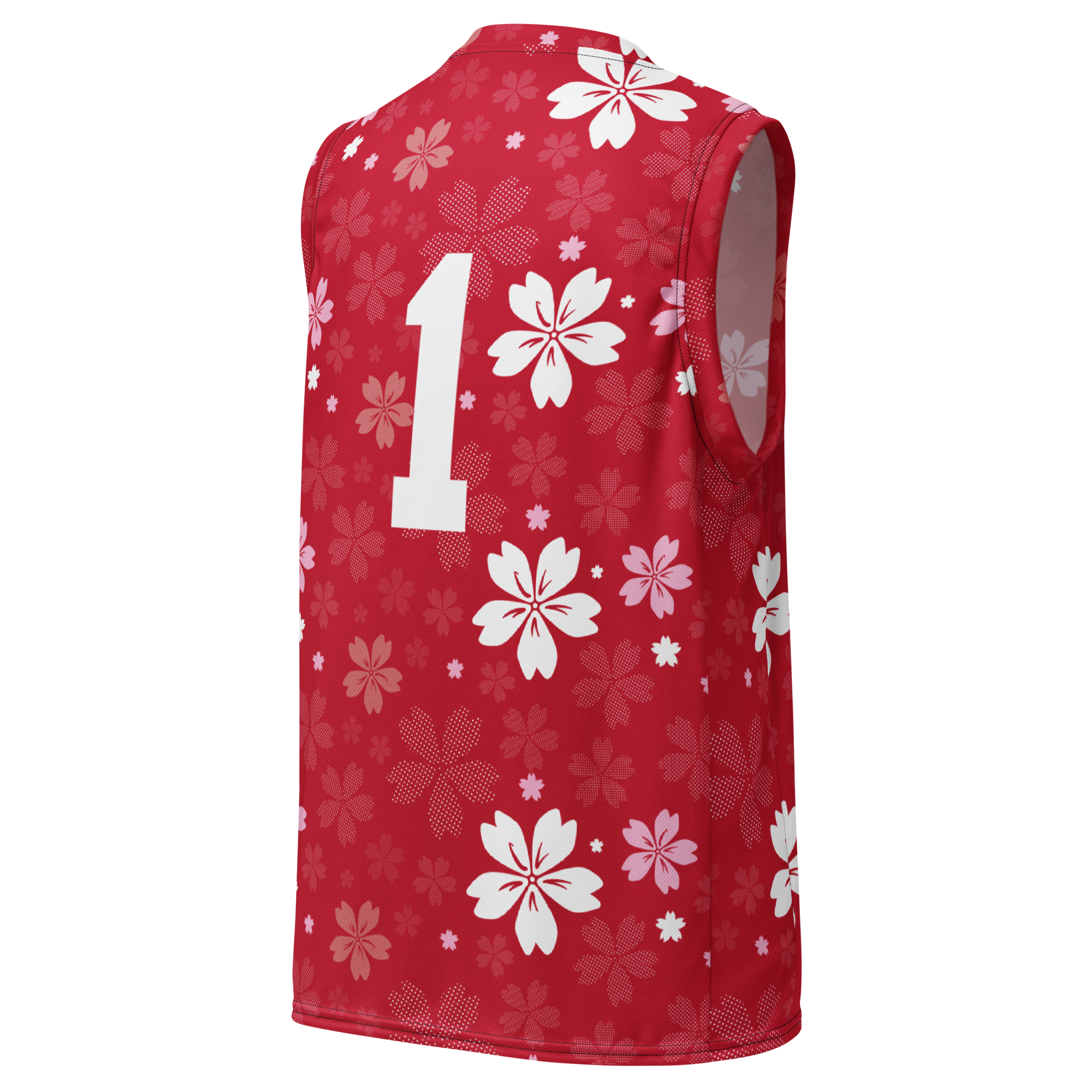
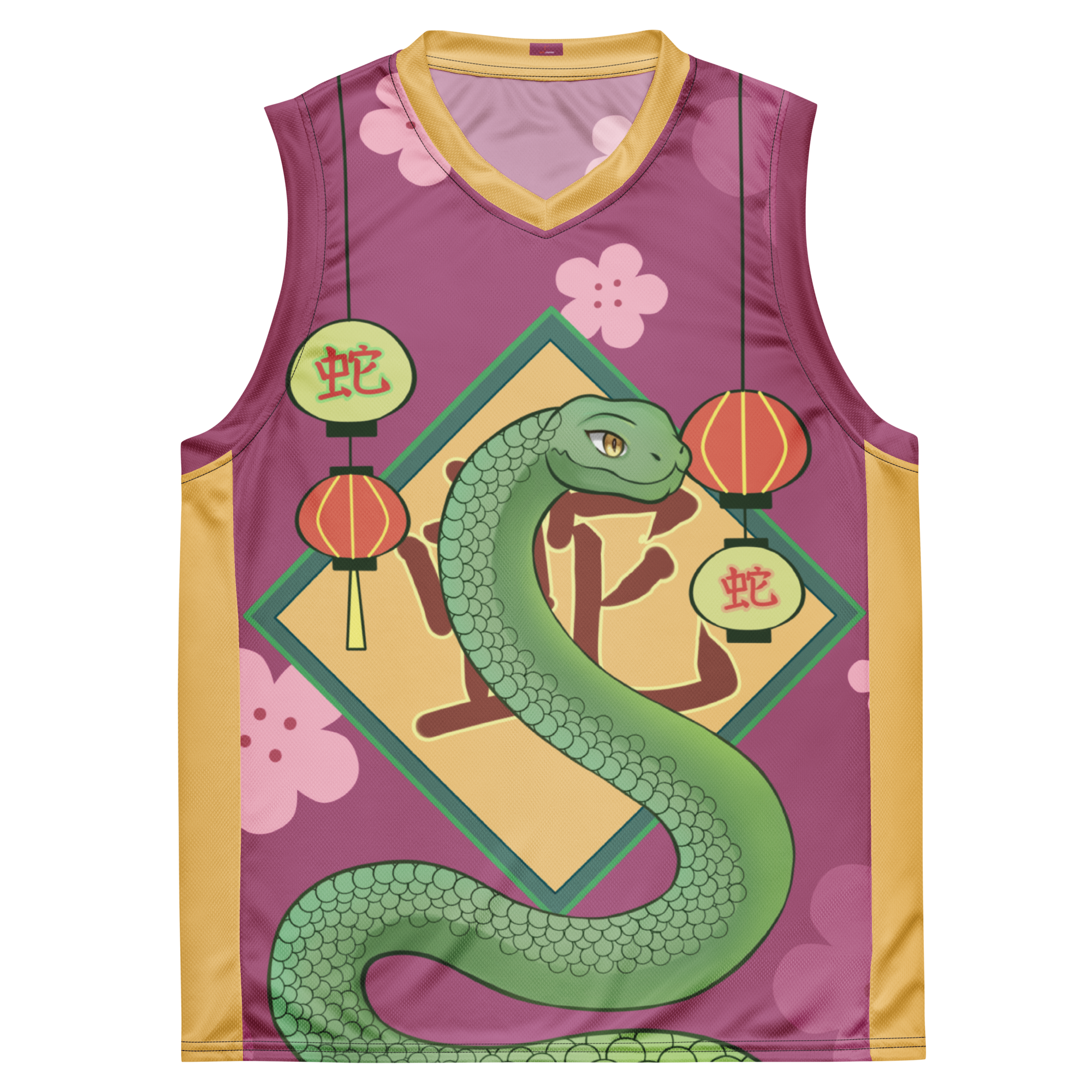
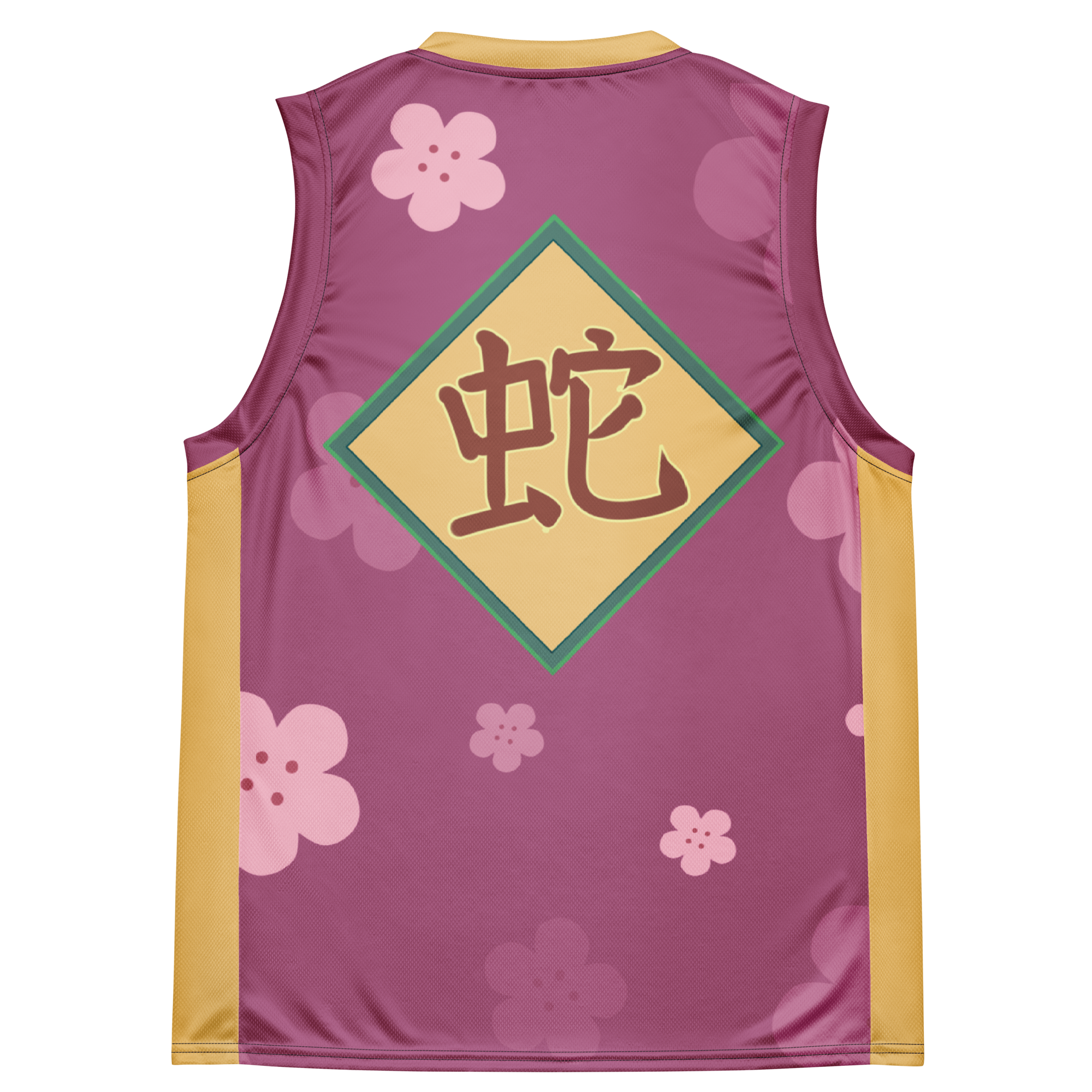
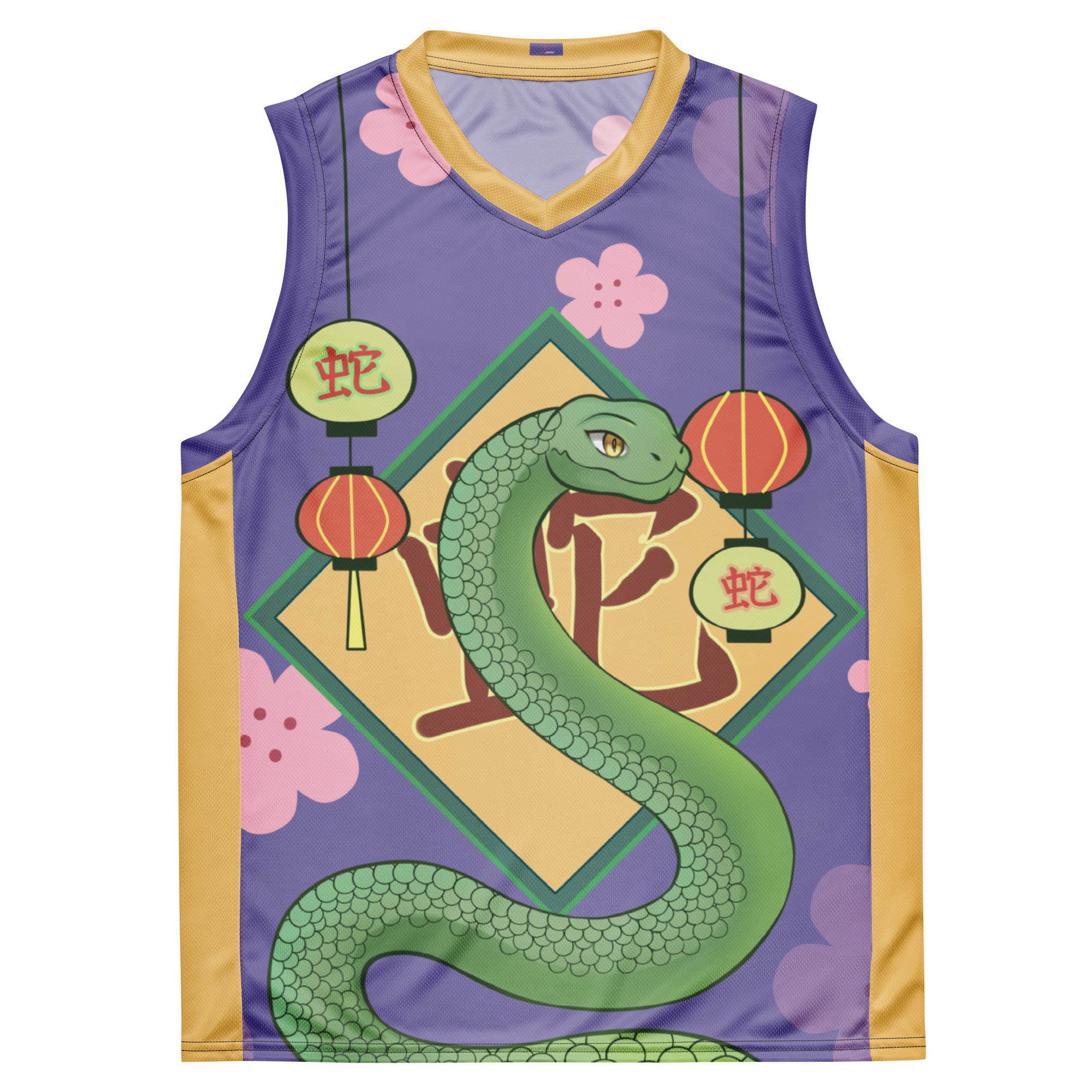
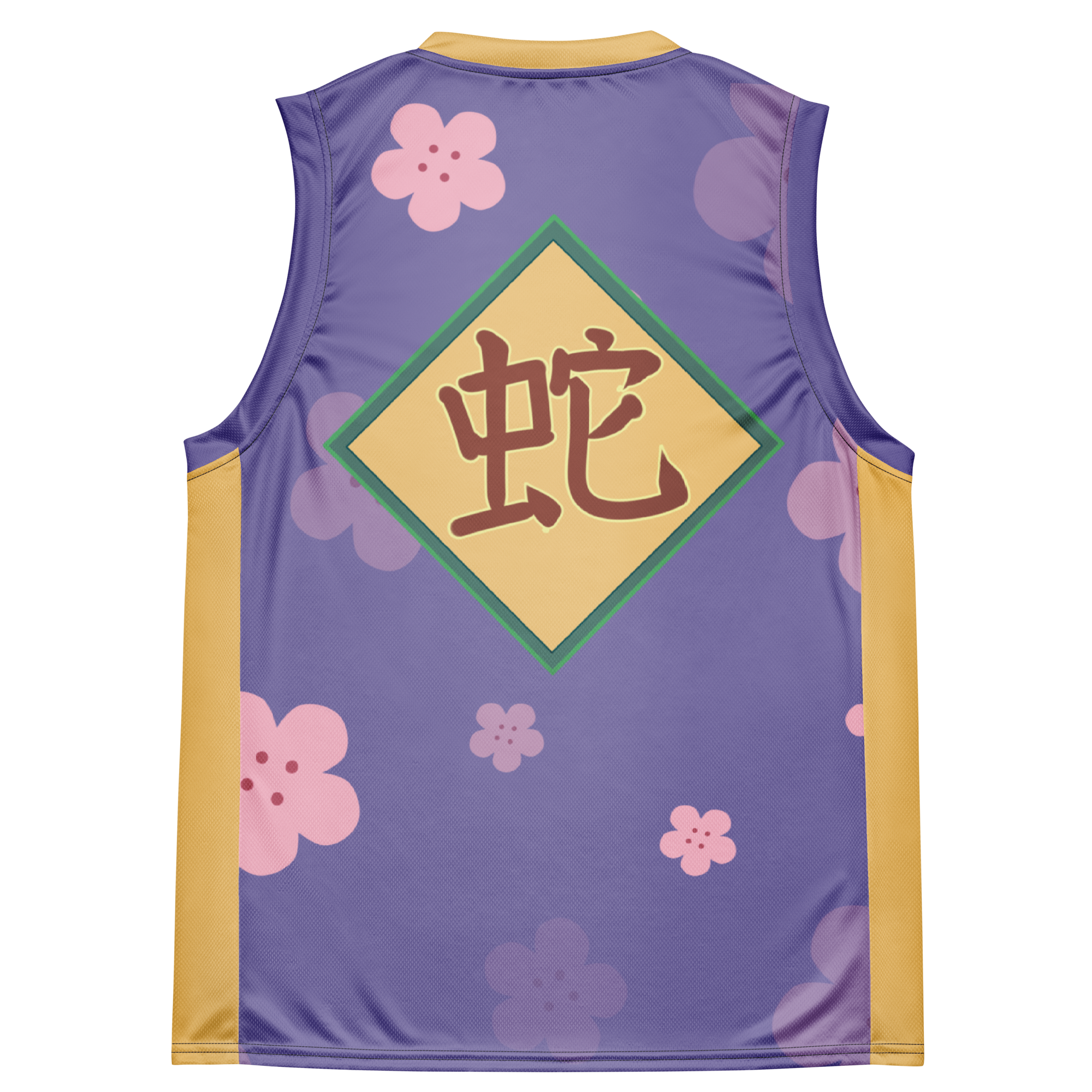
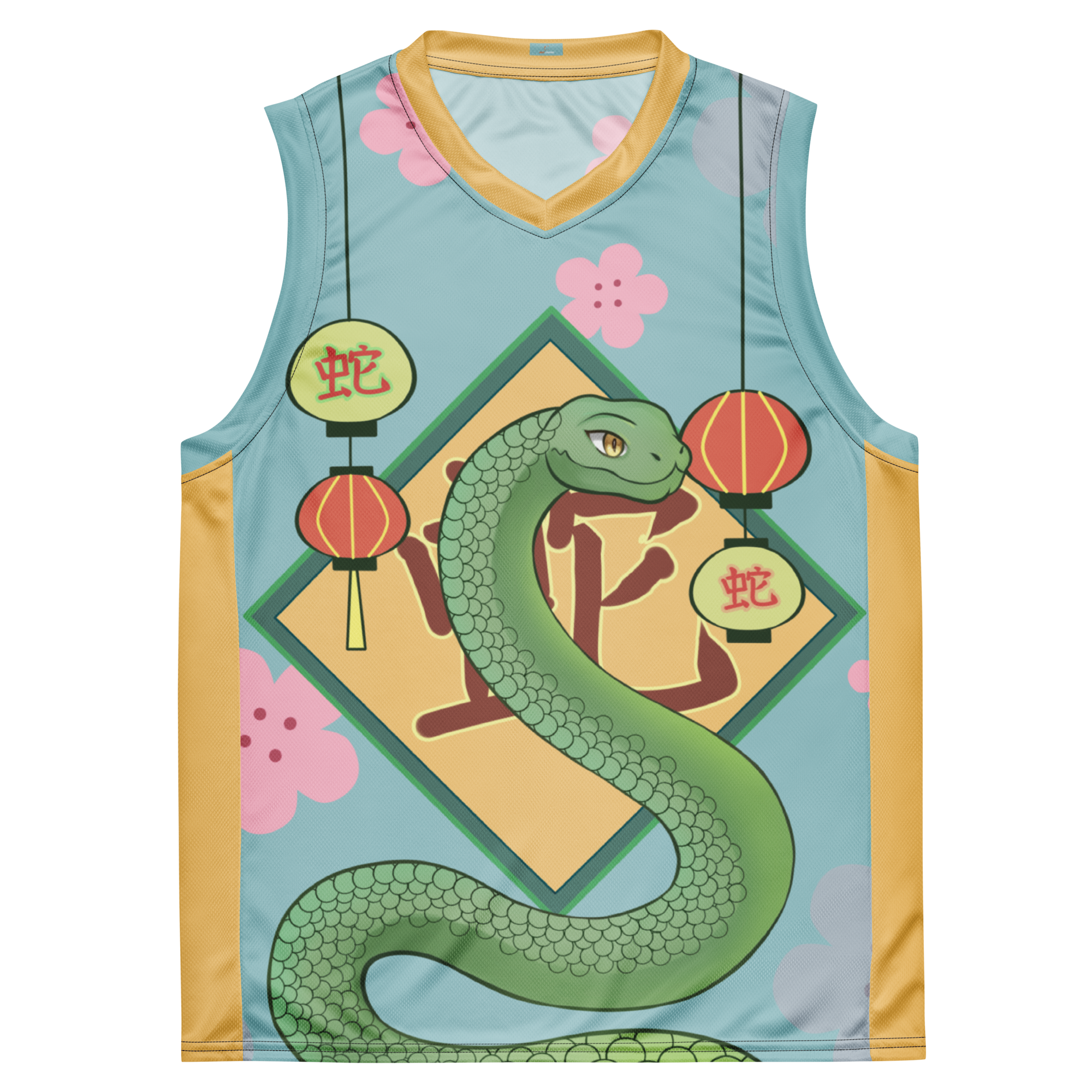
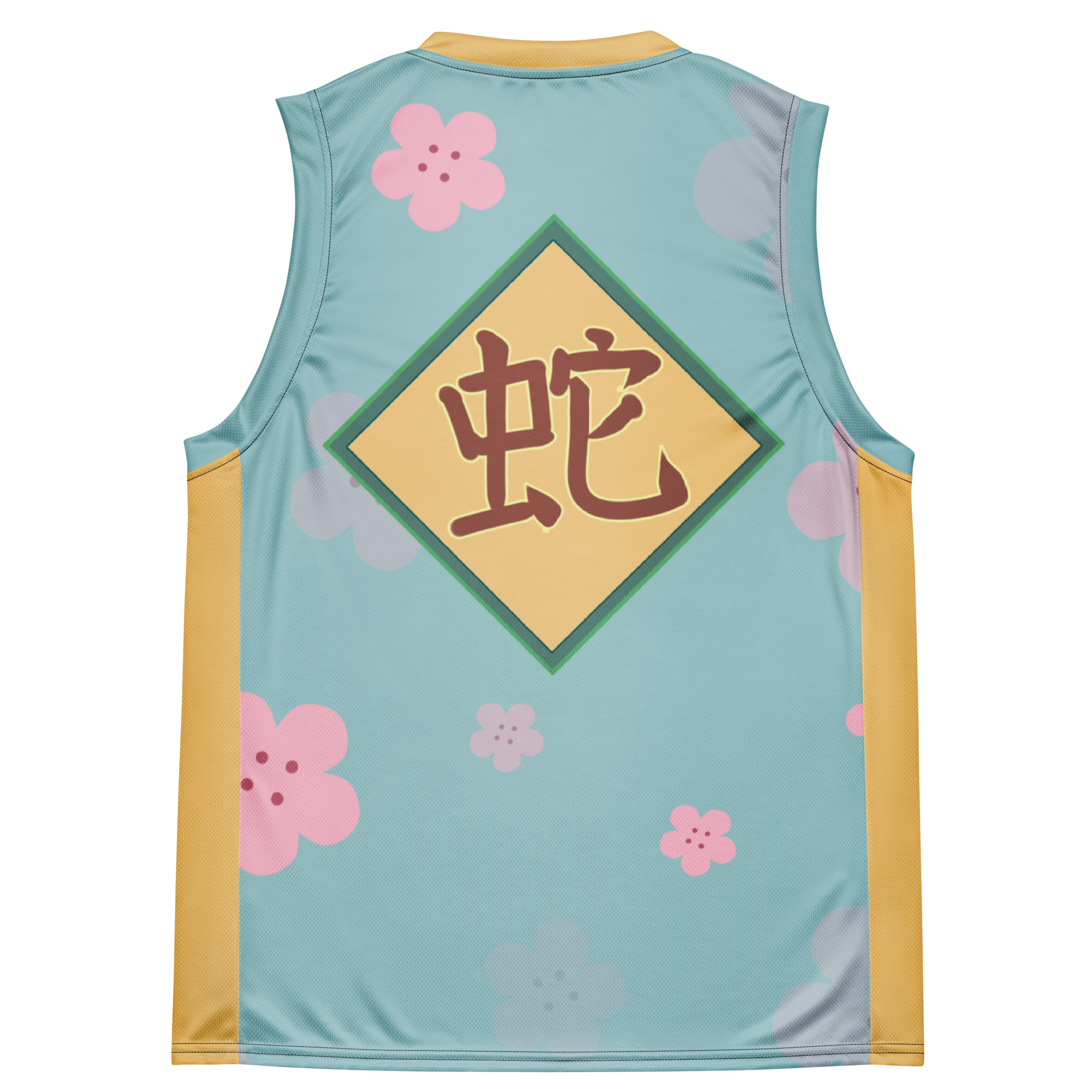
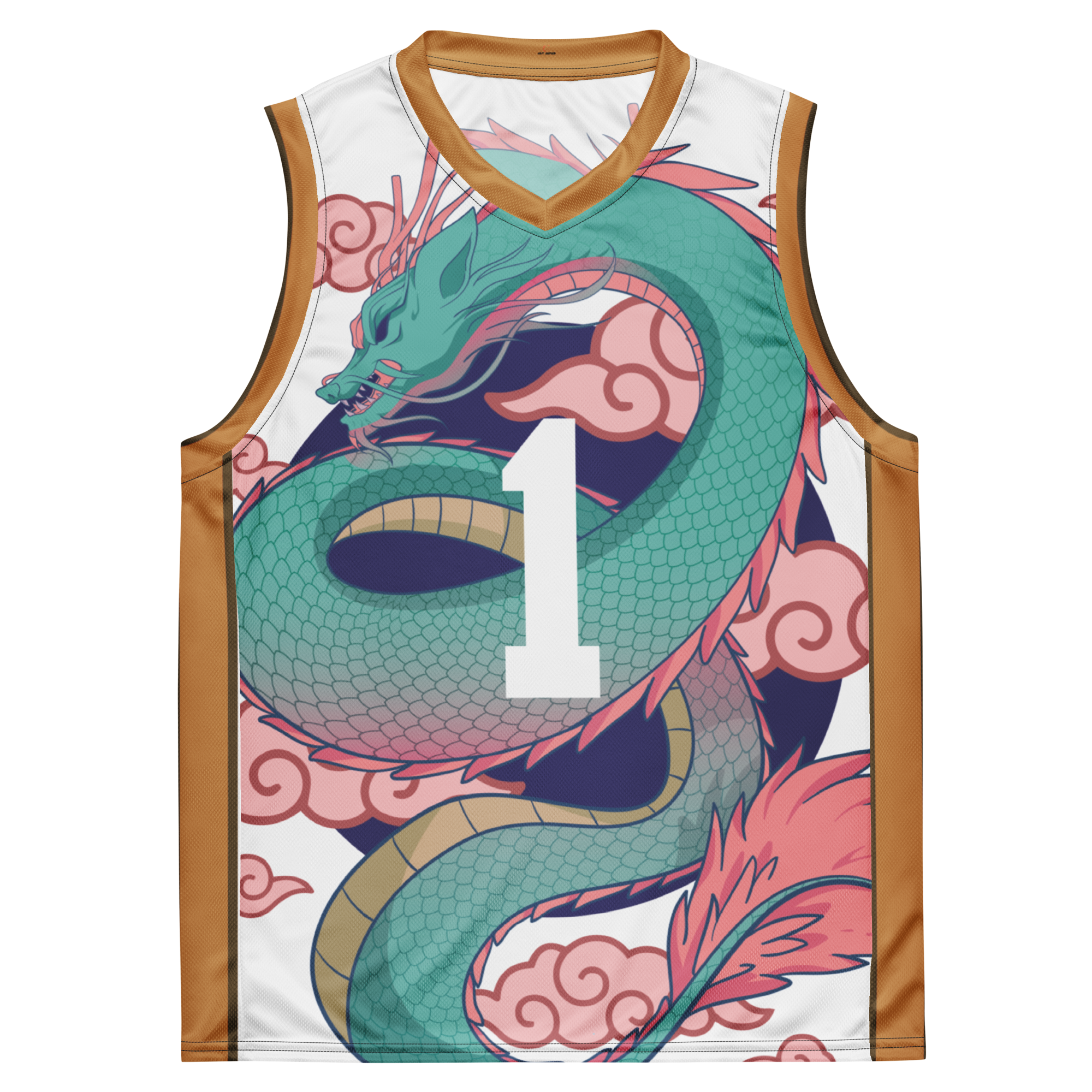
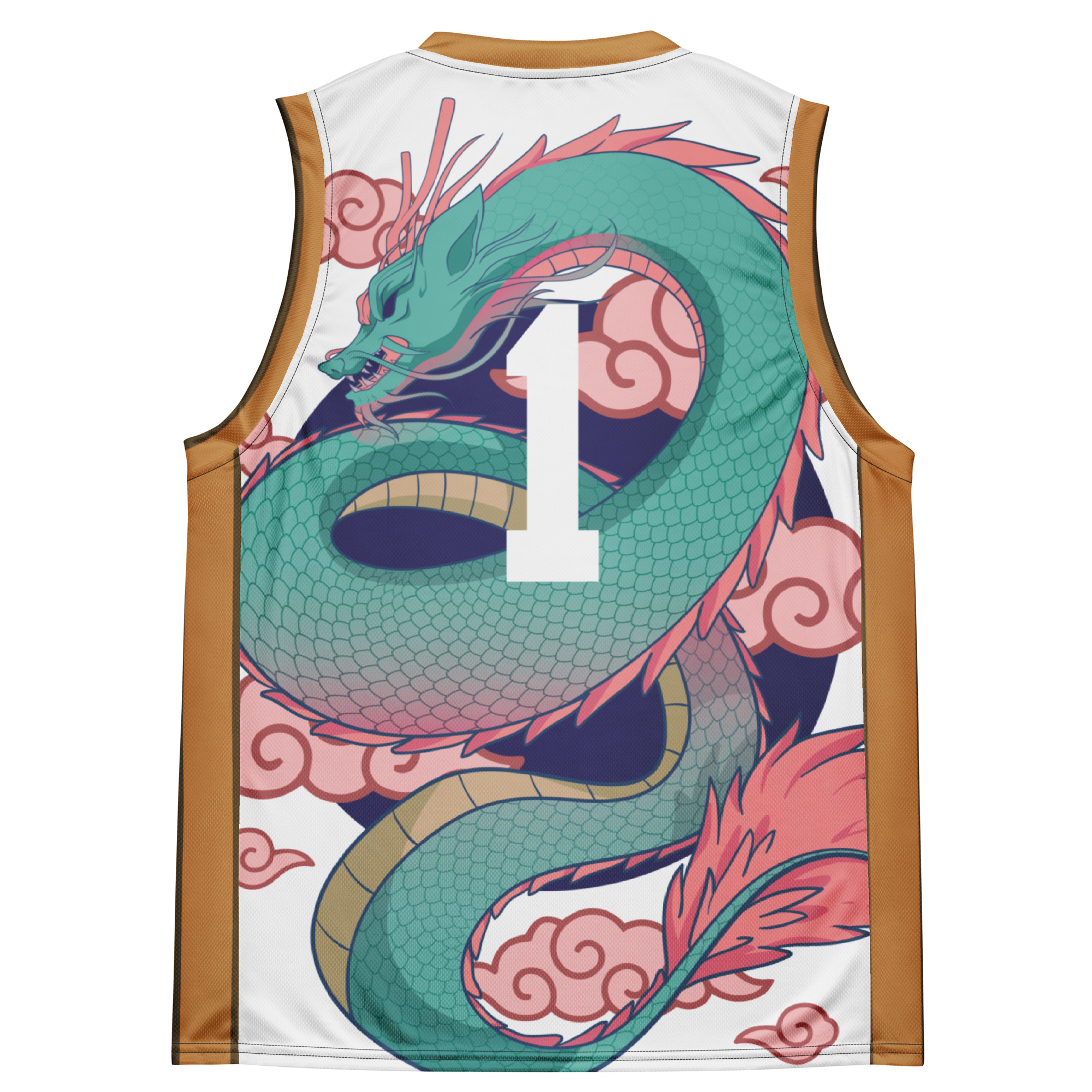
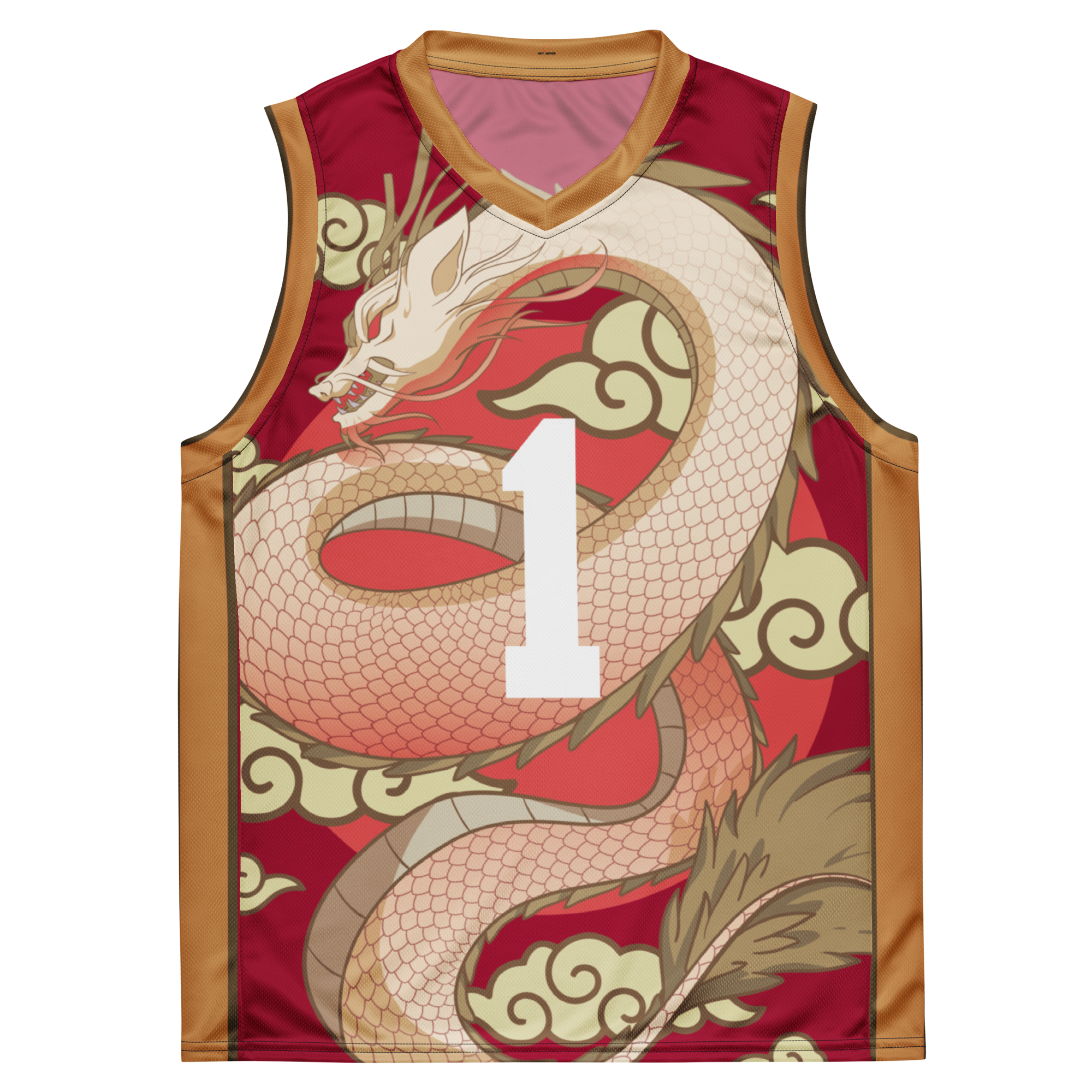
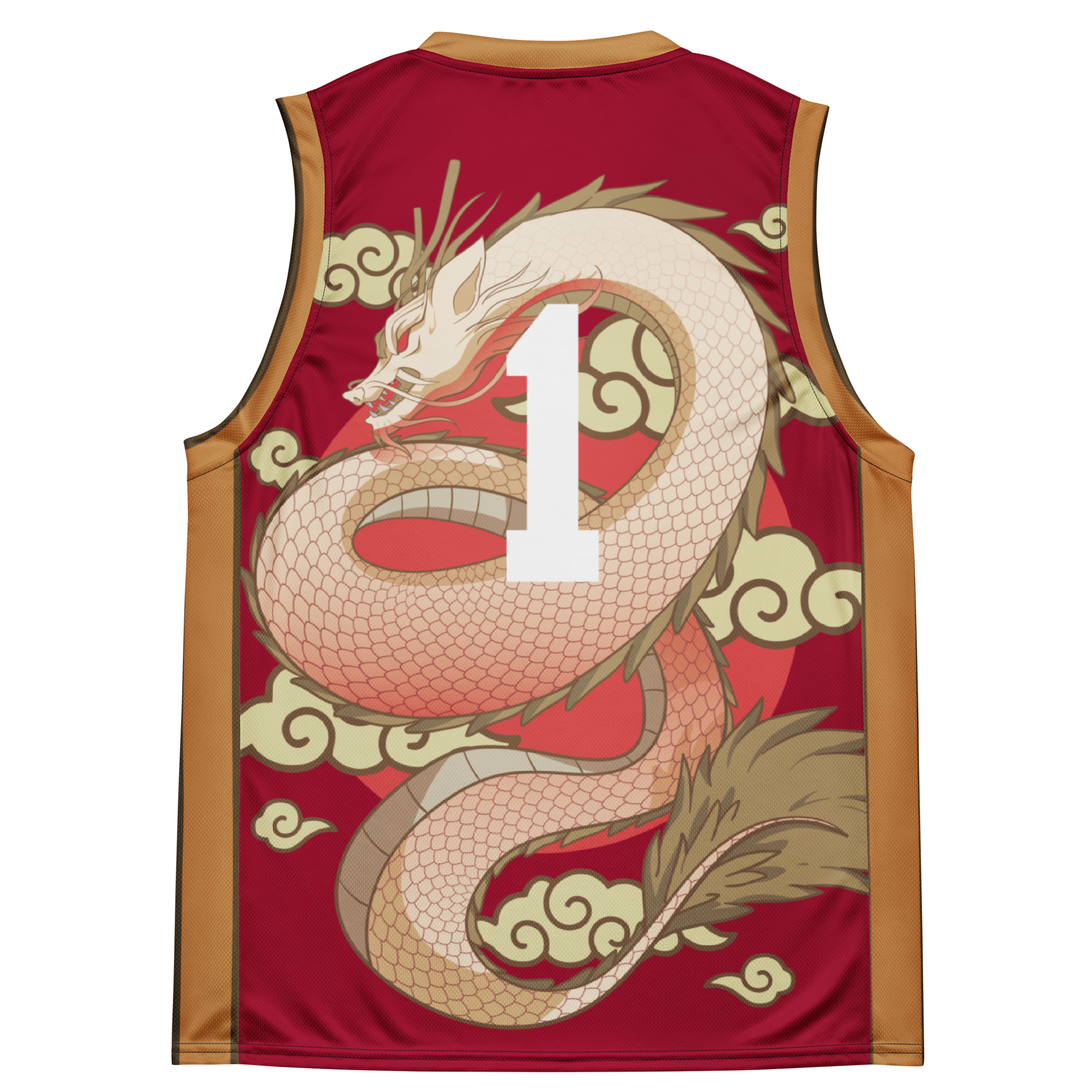







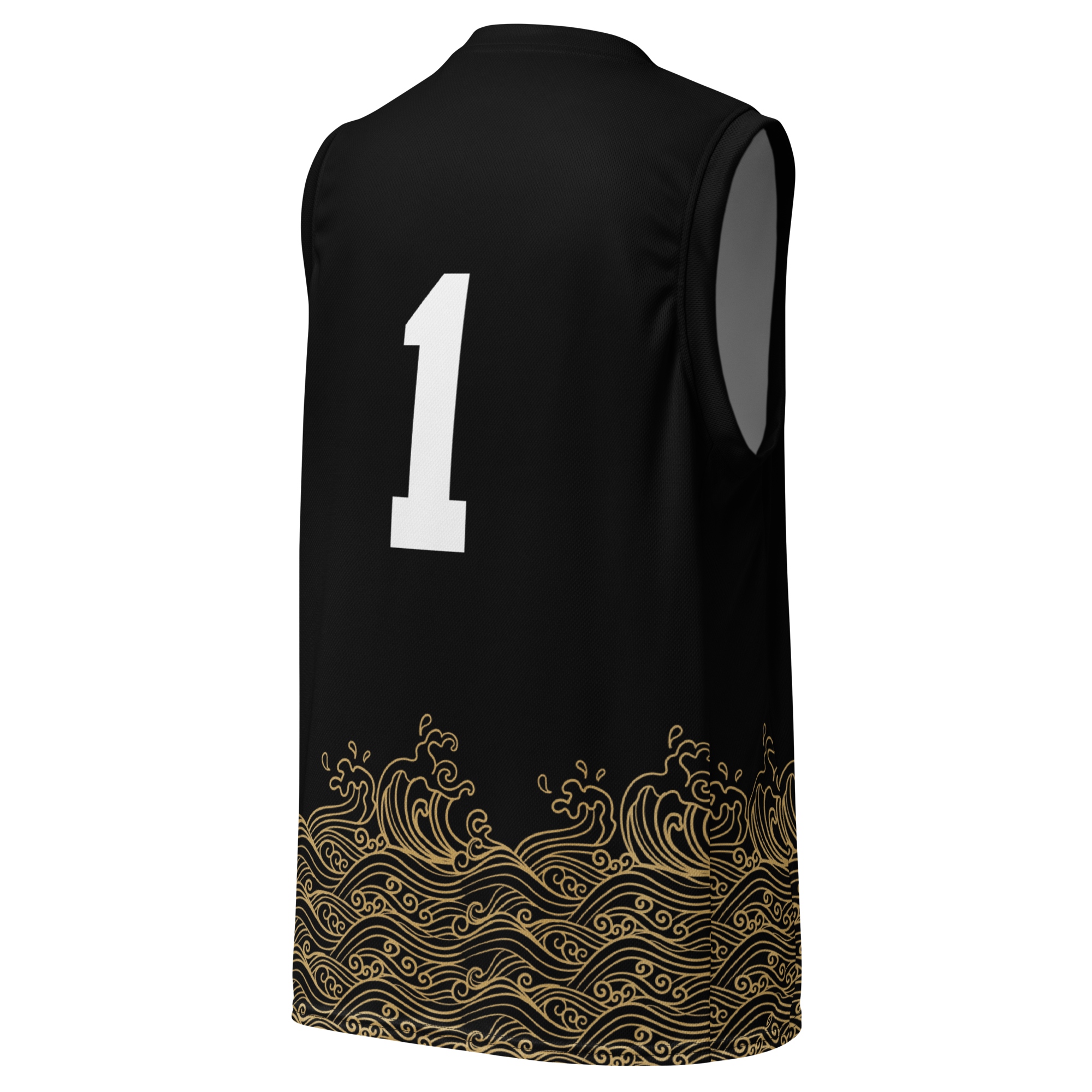
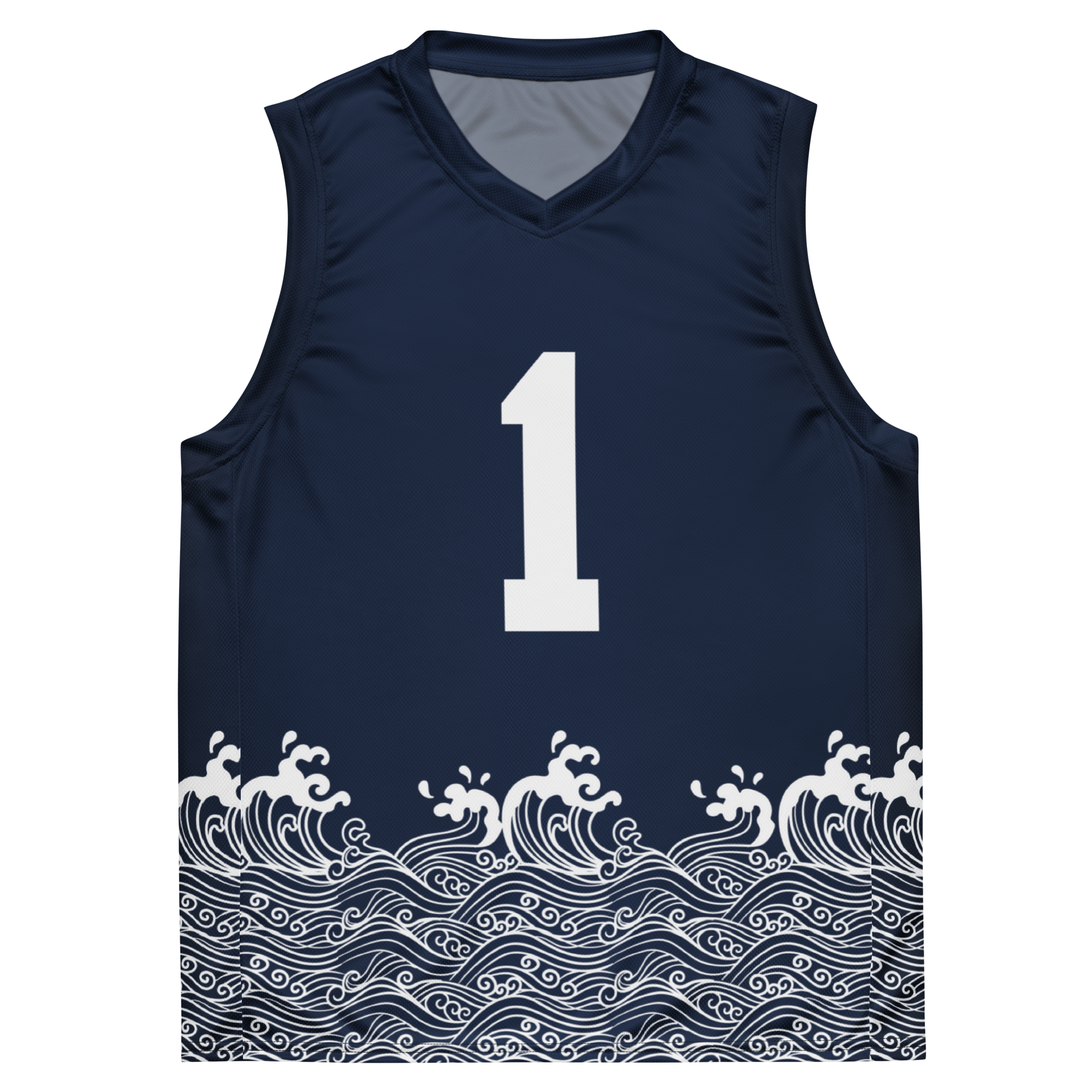
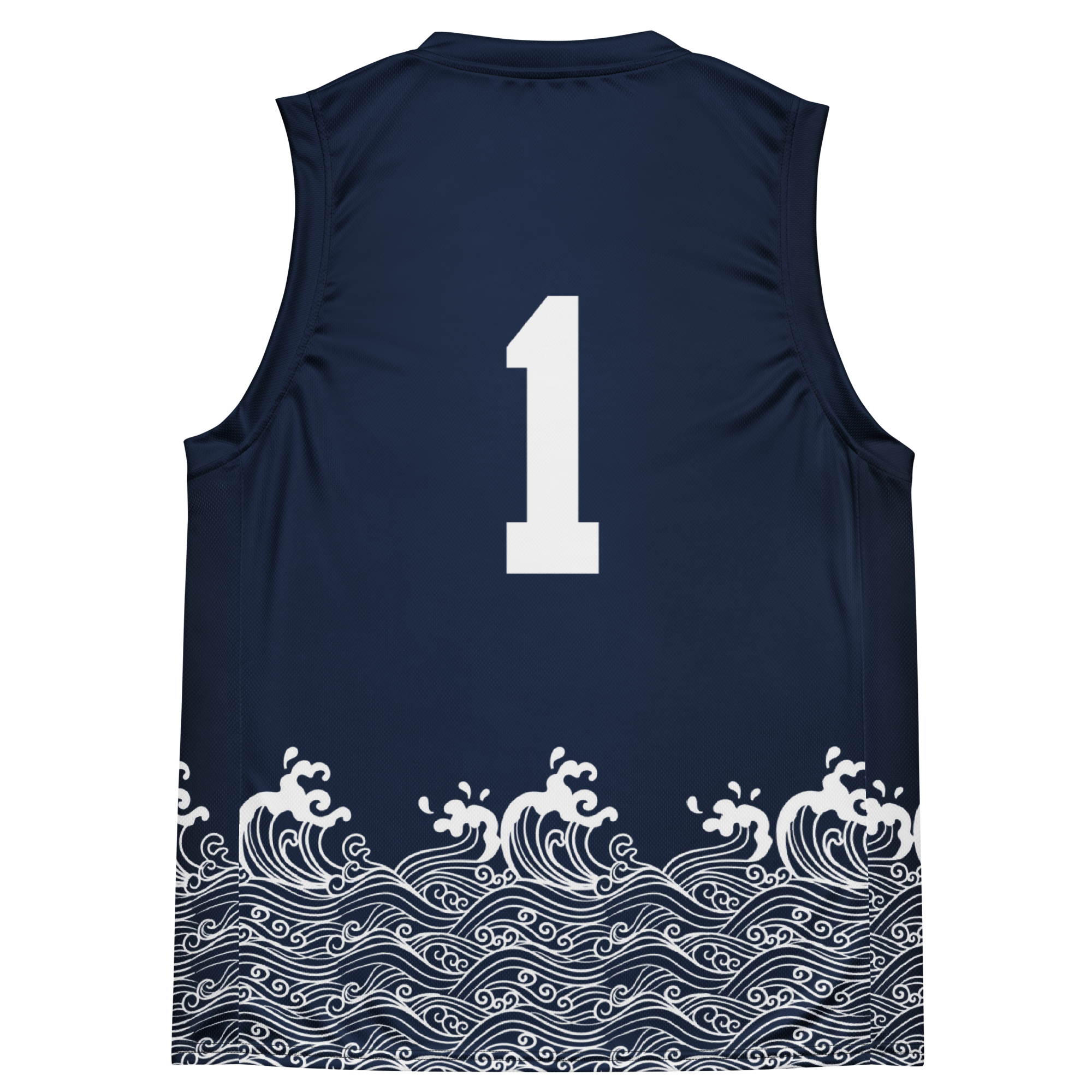


Leave a comment